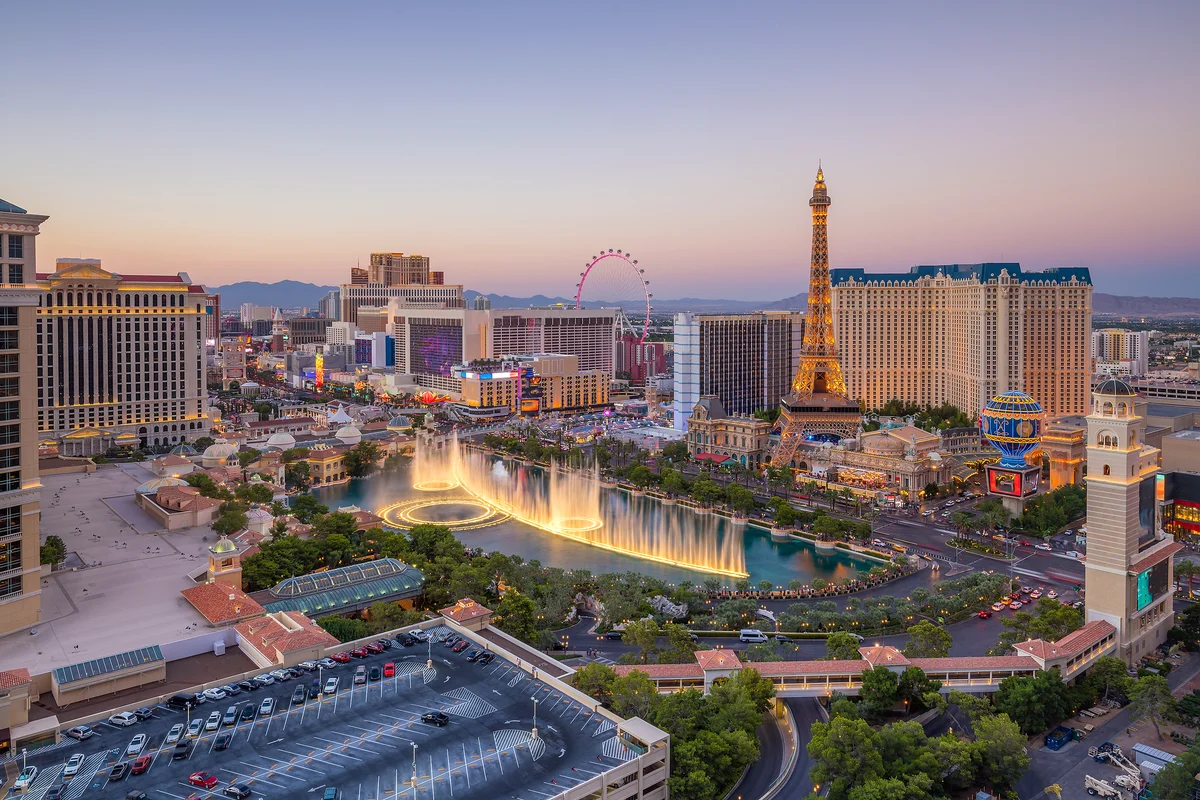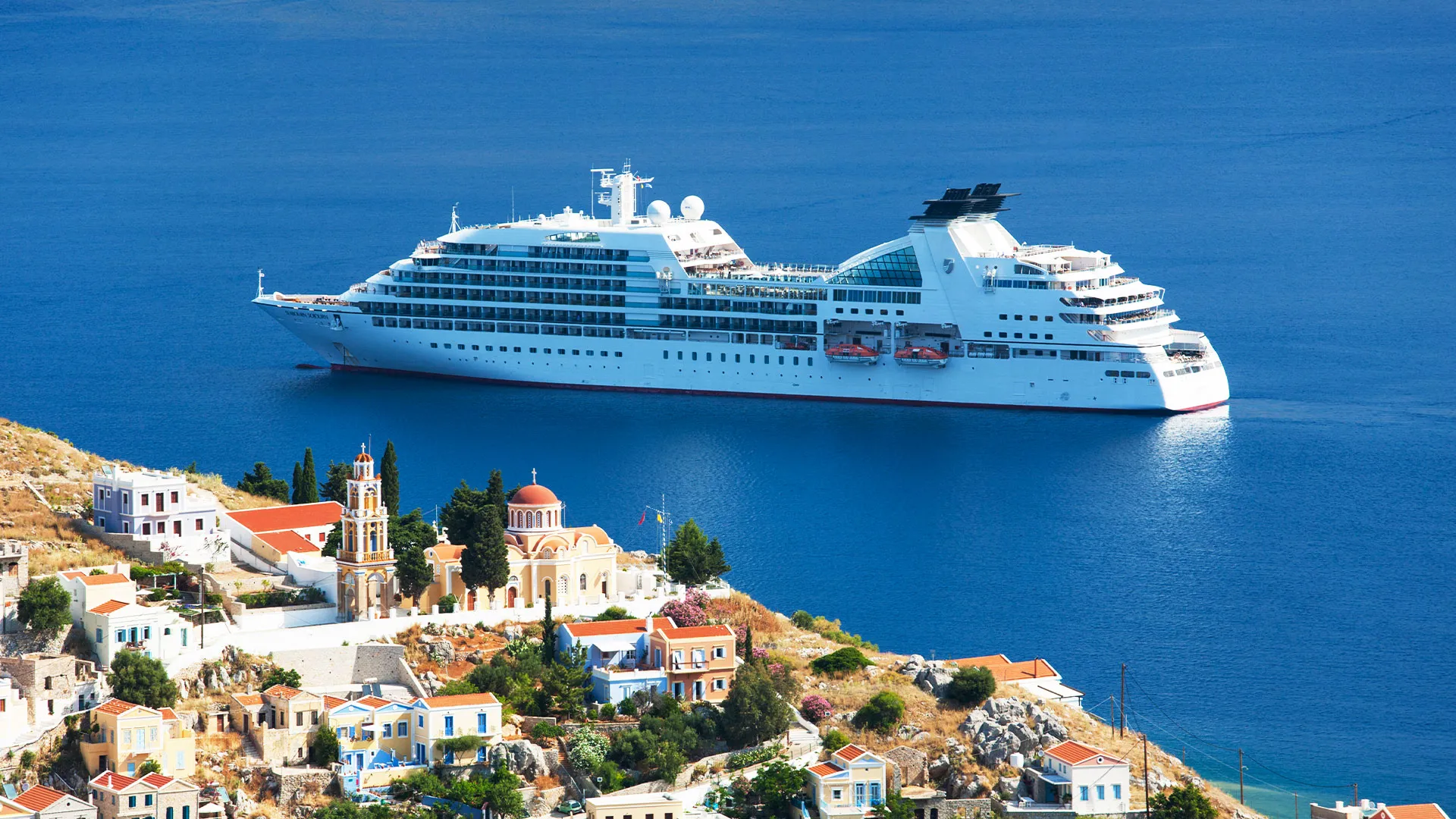By Ted Thornhill
Copyright independent

Las Vegas has seen a drop in tourist numbers this year — with rising costs and add-on fees cited by one travel expert as reasons why people are staying away.
And it turns out there’s yet another money-related Sin City issue to grumble about — the use of dynamic pricing in hotel lobby stores.
The system sees prices fluctuate depending on the time and day, with customers only discovering how much items cost when they reach the cash register.
Dynamic pricing is already commonplace across the economy, from live entertainment to transportation. For example, Uber charges standard fares when it’s quiet, but increases them during periods of high demand — around major sporting events, for instance.
Still, visitors to Las Vegas hotel stores have been left surprised when they discovered a lack of fixed pricing. The number of hotels involved is unclear, as pricing strategies are rarely publicly disclosed. However, the MGM Grand is known to be one of them, along with Caesars Palace.
Texan Jon Dinkler told the Las Vegas Review-Journal that his wife paid $10 for a Snickers and a Gatorade in a store inside Caesars Palace, and then he paid $14 for the same items the following day.
He said: “How does the price of a Snickers bar and a Gatorade change?”
Another visitor, Scott Rutledge, told the paper that he paid one price for a can of Miller Lite in an unnamed casino hotel one afternoon, and “two or three dollars” more in the evening.
Dynamic pricing has been creeping into Las Vegas hotel stores for a few years, according to Vegas expert Michael Trager, who runs travel site TravelZork. But it’s a trend he doesn’t approve of.
He told The Independent: “It’s not appropriate. It’s not like booking an airline ticket or hotel online where there is a price label to look at physically. When I go to a shop, I expect to see a clear price. Price tags allow consumers to make a choice about where they’re going to shop.”
He added: “Even having scanners for you to check prices is not appropriate in my opinion.”
Algorithmic pricing for retailers is undoubtedly hard to resist, as it enables them to extract every last dime of profit from a transaction. But there is a way around it for Vegas visitors — shop at CVS or Walgreens instead for sundry items.
Las Vegas visitor numbers dropped by almost 8 percent through the first seven months of the year.
The drop appears to be partly due to the “Trump slump”, which has seen many international travelers eschew the U.S. after several high-profile deportation cases, including German backpackers Charlotte Pohl and Maria Lepère. They were deported from Hawaii despite holding the required documentation, with authorities claiming they “intended to work without the appropriate visas.”
Rebecca Burke, from Wales, meanwhile, endured a 19-day detention in a facility in Washington state after a visa mix-up. German Lucas Sielaff spent more than two weeks in a prison in San Diego with officials suspecting that he’d been in the U.S. longer than his tourist permit allowed.
However, Anthony Curtis, publisher of the Las Vegas Advisor website and newsletter, told The Times that costs are also a big factor in Sin City being avoided. Visitors often find that, in addition to hotel room costs, there are resort and parking fees, for example.
Curtis told the newspaper: “On the Strip, people get taken for a ride. Once they get here, they’re like, ‘I’m tired of being treated like this. I’m tired of having to pay these ridiculous prices.’
“There are fees all over the place — fees to park, resort fees on top of room rates. And people are getting fed up with it. We hear that a lot from our customers.”
The paper cited the example of one visitor who paid $40 for two coffees and two croissants.
The Independent has approached Caesars Palace and MGM Grand for comment.



